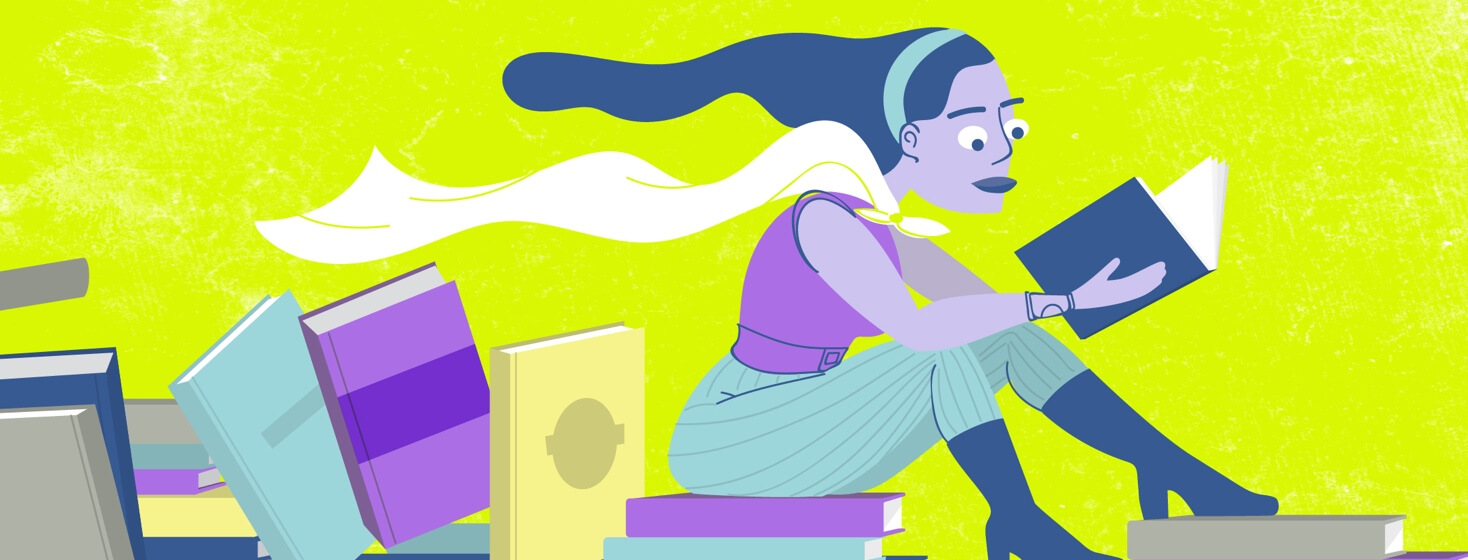How I Became Empowered with Endometriosis: Part 1
Editor's Note: May 13th-18th is Women's Health Week! Join us as we highlight women’s health issues (including endo!), and share messages from strong women across the world.
One of key effects of endometriosis is how helpless it can make some of us feel. It’s a disease which we don’t understand and don’t know how to stop, we don’t what causes it, what prevents it, or what cures it. It’s invisible, so we can’t see what’s happening, it’s unpredictable, and it often leaves us at its mercy. Couple that with the many challenges we can face with healthcare professionals, it’s easy to see why so many of us feel powerless in the face of this disease. I understand that, I felt it too.
Several years ago, when my endometriosis started getting bad again, felt like I was being bounced back and forth between doctors and that my life was in their hands. My options were the induced-menopause and taking strong painkillers that would leave me drowsy every day of my life for the foreseeable future. I couldn’t believe those two were my only options for coping. I was completely enraged that no one could tell me more about my disease, or offer me any other solutions for coping – even some therapy to deal with the stress of things!
My outrage led me down a path of researching, and ordering lots and lots of books. That was the beginning of my taking back control, and today, I am fully empowered even with this disease. Everyone’s different, and I admit I’m lucky that my endometriosis isn’t any worse, but in case it helps you on your own path, this two-part series explores the steps I took to becoming empowered with endometriosis...
I got educated
As I mentioned above, I really did some research. I read up on the basics of the disease on charity and official websites such as Endometriosis UK, and then I ordered books about the more holistic side of living with endometriosis. I knew it was a disease that didn’t just stop at my pelvic cavity, it had affected my whole body and person, so I wanted to deep dive into the ways to counteract that.
I can’t explain the knowing that came with finally fitting together pieces of the puzzle. Up until that point, I didn’t know that my low energy levels were to do with the disease, or that my stomach problems were related, or that my anxiety and depression were linked too. I had so many ‘Aha!’ moments that I would gasp out loud and rush to tell my boyfriend in the other room. My health was becoming less of a mystery to me; I had answers.
I took control of endo
I won’t go too much in to this subject because you can find out a whole lot about how I did this in some previous articles of mine, but I managed to avoid having to go down the menopause and heavy painkillers route by changing my diet and lifestyle. When I was doing research into endometriosis, I discovered what’s loosely termed as the ‘endometriosis diet’, which can vary depending on the nutritionist, but mainly revolves around eating an anti-inflammatory diet. Whilst there’s not much research into endometriosis and diet, there is research into diet and other chronic pain conditions and many of them show that anti-inflammatory diets can have a positive effect on pain.
This was the start of getting endometriosis under control, and over time, my approach has evolved to add more nutrients and foods that support my liver and hormones (so that old estrogen is removed and my hormones are balanced correctly), boost my energy levels, and minimize brain fog.
In the final installment of this series, I'll take you through how I then took this new knowledge and used it as a force for good in my life.
Read Part 2 here.

Join the conversation